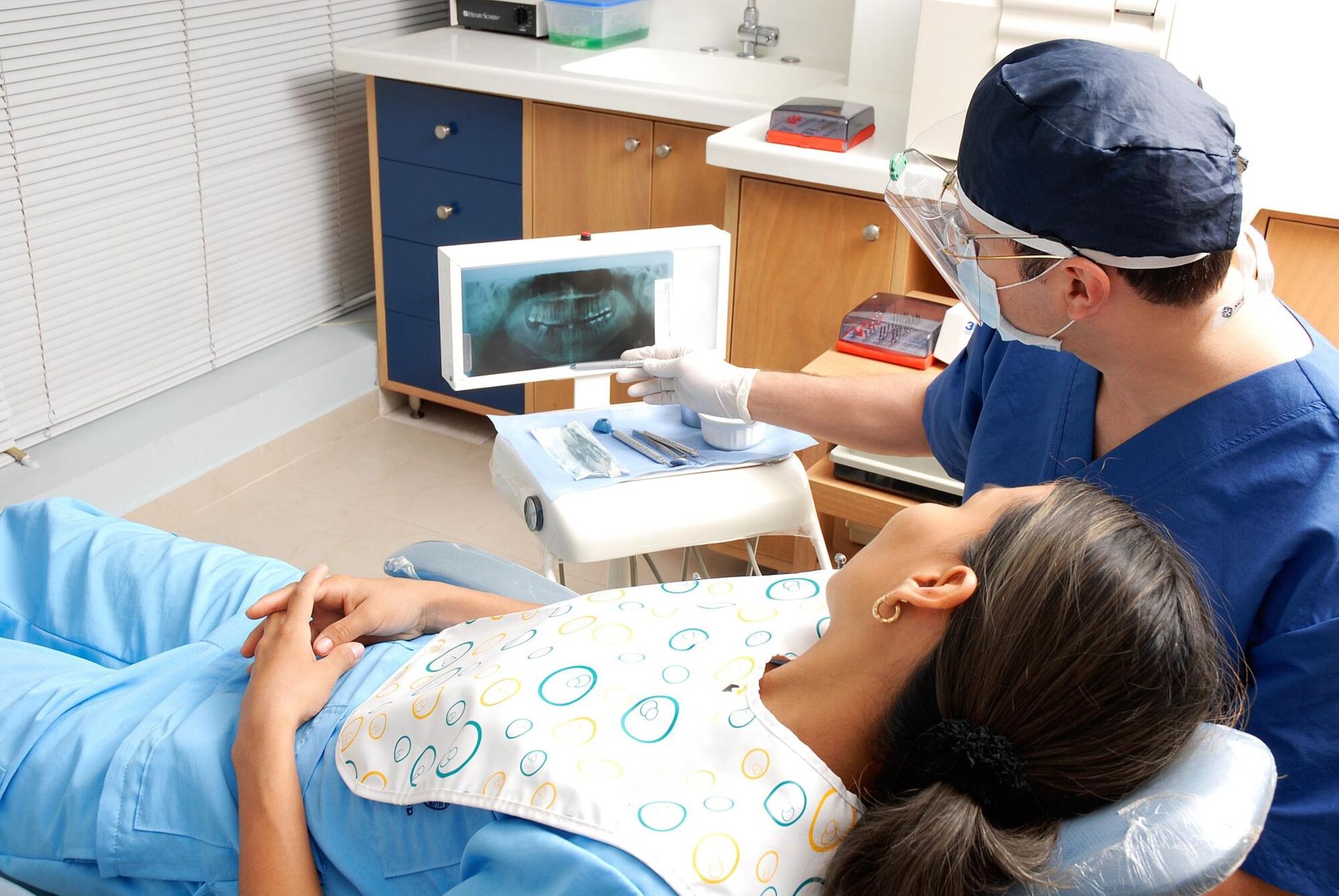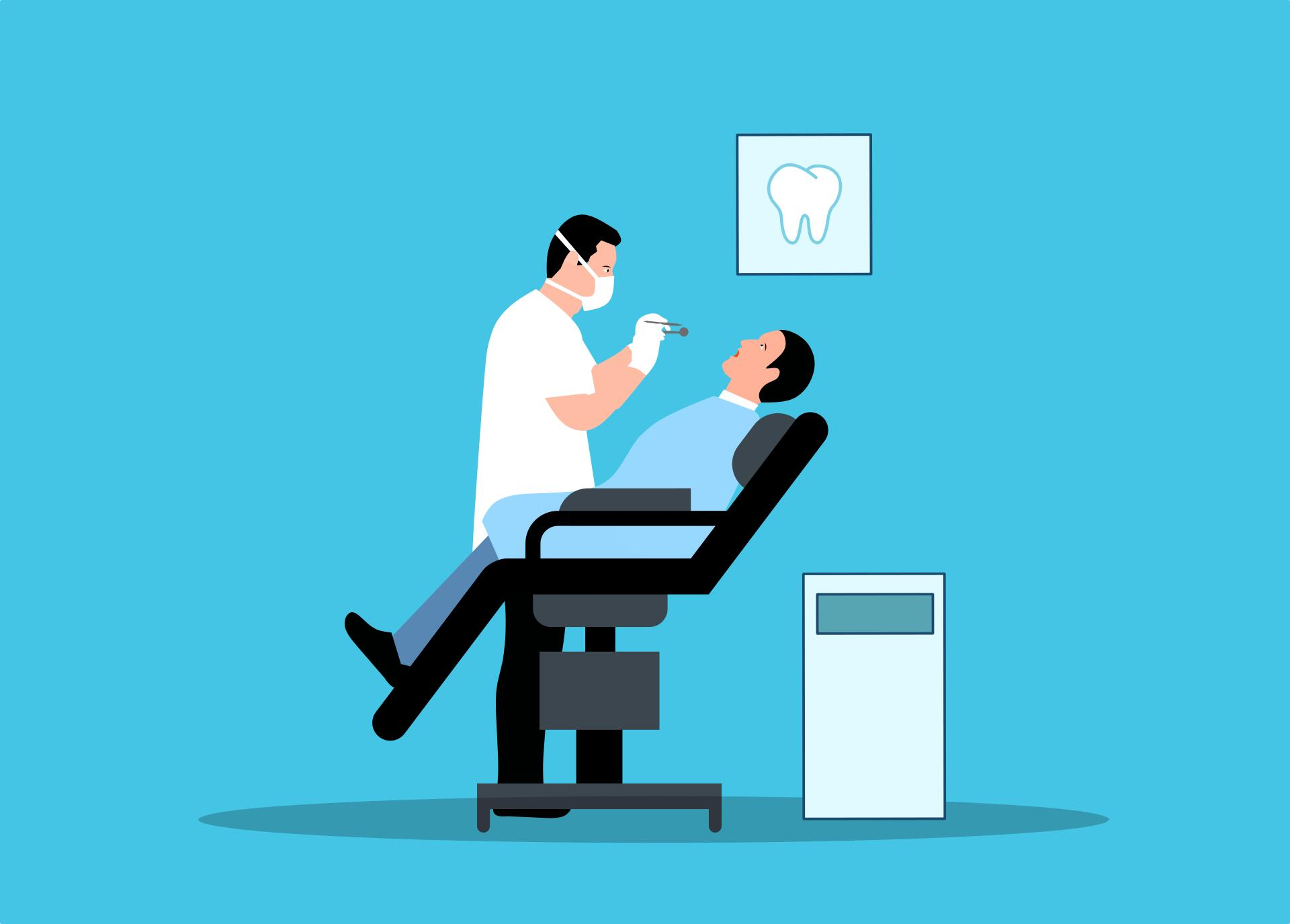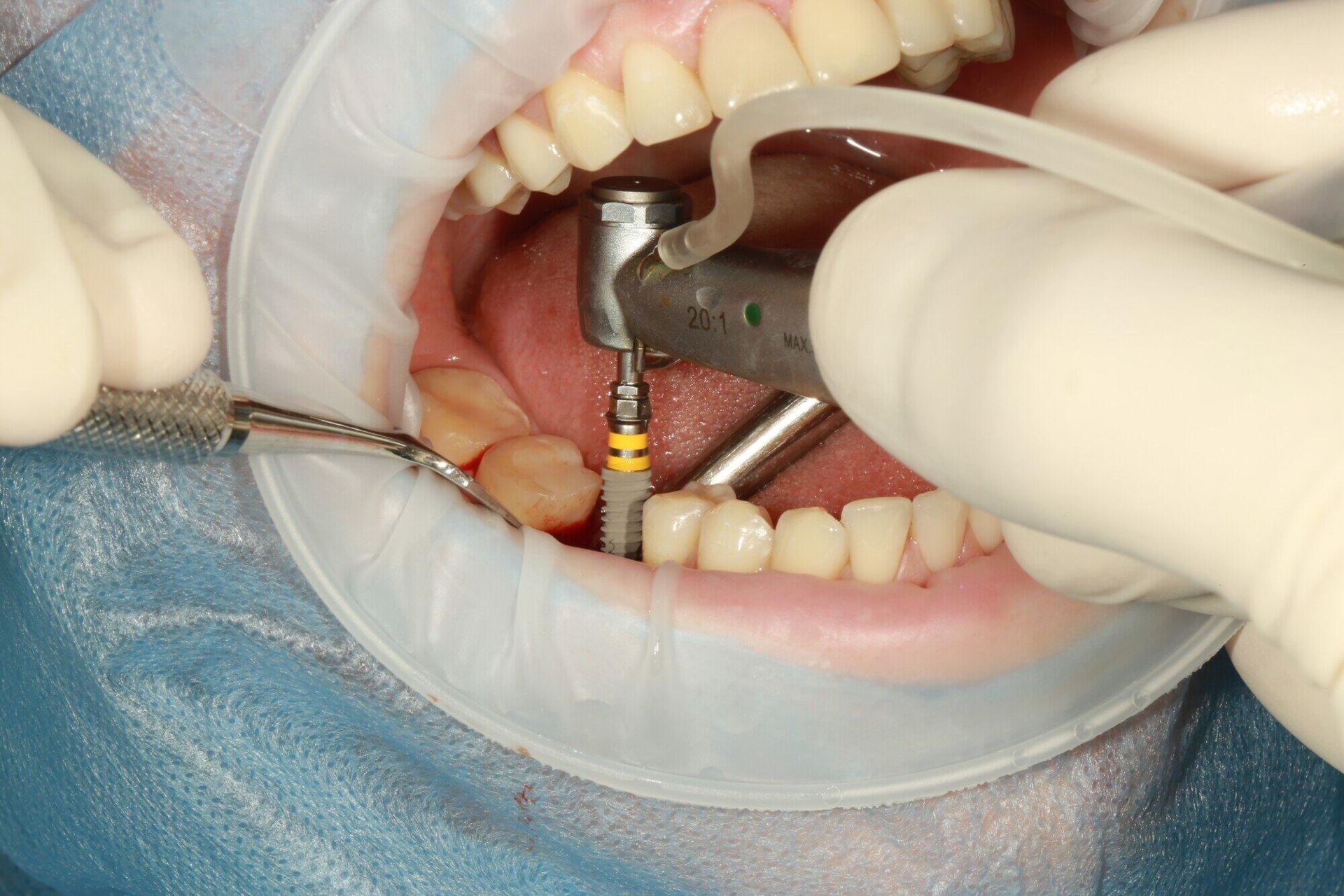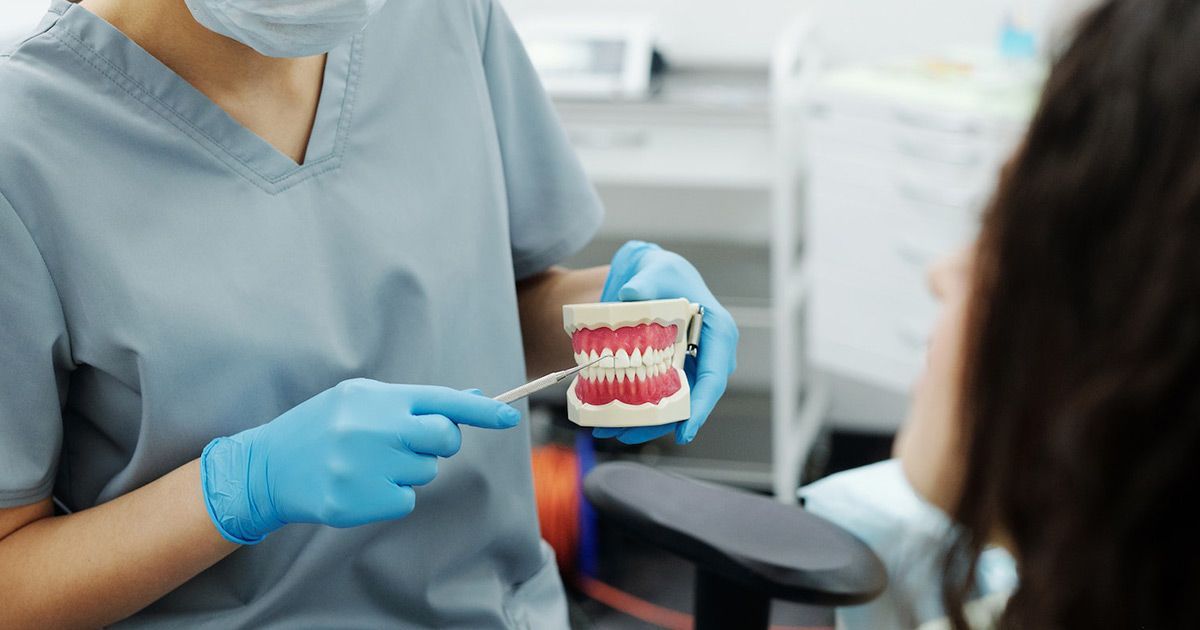Text Our Office at (708) 512-4708
What is Root Canal Therapy?
Are you looking into your dental treatment options? Learn what root canal therapy is and if you might be a good candidate.
Root canals are one and done treatments that last a lifetime. With a failure rate of less than 5%, root canals are one of the most successful dental procedures performed each year. If you have an infected tooth or a cavity, you may be wondering if you should get a root canal or an extraction.
What's the difference anyway? And are root canals as painful as they sound?
In this guide, we'll explain everything you need to know about root canal therapy. This will help you to decide if you should look into this procedure as part of your oral care.
What Is a Root Canal?
A root canal is a treatment used to repair a tooth that is decayed or severely infected. During the process, the dentist removes the damaged area of the tooth, cleans it, and then fills and seals it. The procedure saves your natural tooth.
A root canal is necessary when the pulp, which is the soft tissue inside the tooth, becomes inflamed or infected. The pulp contains blood vessels, nerves, and connective tissue, and it helps to grow the root during development. Once a tooth is fully grown, the pulp is no longer necessary.
However, the pulp can become damaged or infected due to several reasons, including:
- Decay
- A deep cavity
- Repeated dental procedures
- Trauma to the tooth
If the pulp is damaged, it can become infected and cause a great deal of pain. A pulp infection might also lead to an abscess, which is a pus-containing pocket that develops at the root of the tooth.
Abscesses are very painful and can cause serious health problems if they are not treated promptly.
Root canals are usually performed by dentists or endodontists (a type of dentist who specializes in this kind of treatment). The procedure usually takes one or two visits to complete, depending on the severity of the damage.
Understanding Dental Fillings
When you go to your local dentist to get your cavity treated, you will need to get a dental filling. Before you get your dental filling, your dentist will first need to deal with the cavity itself. He will do this by drilling into the cavity with a special drill.
While this may sound like a scary procedure, it is actually nothing to be afraid of. The dentist will provide you with a local anesthetic that will numb the area that is going to be treated. That way, as the dentist drills into the cavity, you shouldn't feel anything except a bit of pressure.
The aim is to drill away the decayed tooth enamel that makes up the cavity. Once that's done, there will be a clean hole in your tooth. Of course, this hole needs filling, otherwise, bacteria could fester in that area and continue to break down the tooth.
There are many dental fillings to choose from such as gold, silver amalgam, porcelain, composite resin, and so on. Some are sturdier than others and some are more affordable than others. The aim of a dental filling is to protect the hole in your tooth and to restore functionality to your tooth.
What Are the Symptoms of a Damaged or Infected Pulp?
The most common symptom of a damaged or infected pulp is pain. This pain can range from mild to severe and can be constant or intermittent.
Other symptoms may include:
- Sensitivity to hot or cold temperatures
- Swelling of the gums
- Tenderness in the tooth
- A pimple on the gums
If you are experiencing any of these symptoms, you should see a dentist as soon as possible. They will be able to diagnose the
problem and recommend treatment.
What Happens During a Root Canal Procedure?
A root canal procedure usually takes place over one or two visits to the dentist. During the first visit, the dentist will examine your mouth and take X-rays to determine the extent of the damage. If they decide that a root canal is necessary, they will numb the area around the tooth with local anesthesia.
Once you are numb, the dentist will make a small hole in the tooth to access the pulp. They will then use special instruments to remove the damaged pulp and clean the inside of the tooth.
The next step is to fill and seal the tooth. The dentist will usually place a temporary filling in the hole to protect the tooth until your next visit. At this visit, they will remove the temporary filling and place a permanent one.
With proper care, your treated tooth can last a lifetime.
Are Root Canals Painful?
One of the most common questions about root canals is whether or not they are painful. The short answer is no; root canals are not usually painful.
In fact, the opposite is often true. Root canals are performed to relieve pain caused by an infected or damaged tooth. After the procedure, most patients report feeling little to no pain.
Of course, every patient is different, and some may experience some discomfort during or after the procedure. However, this is typically minor and can be easily managed with over-the-counter pain medication.
Should I Get a Root Canal or Extraction?
If you have a damaged or infected tooth, your dentist will likely recommend root canal therapy. This is because root canals are typically successful in saving the natural tooth.
In some cases, however, an extraction may be necessary. This decision will be based on the extent of the damage and your overall oral health.
Your dentist will be able to explain all of your options and help you make the best decision for your needs.
Are There Any Complications Associated With Root Canals?
Root canals are generally safe procedures with a low risk of complications. In some rare cases, however, patients may experience:
- Infection
- Damage to the surrounding teeth
- Nerve damage
- Allergic reactions to the materials used during the procedure
If you experience any complications after a root canal, it is important to see your dentist right away. They will be able to treat the problem and help you avoid further complications.
Are Root Canals Expensive?
The cost of a root canal depends on several factors, including the severity of the damage, the type of tooth involved, and your dental insurance. In general, root canals are less expensive than tooth extractions.
If you have dental insurance, it is likely that at least part of the cost will be covered. You should check with your insurance provider to determine your coverage.
Get Professional Dental Work
If you're having pain in your tooth, it's important to see a dentist as soon as possible. They will be able to diagnose the problem and recommend treatment. Root canal therapy is a successful treatment for your damaged or infected teeth. With proper care, your treated tooth can last a lifetime.
If you need a dentist in Cicero, IL, Central Dentist Associates is your go-to choice for the best dental care. Schedule an appointment with our office today. Our expert professionals deliver the best long-lasting dental work. From simple procedures to more complex cases, we provide the care you need to keep your smile healthy.
For Immediate Attention→
Text Our Office at (708) 512-4708
708-554-4386 & 708-419-2937 & 708-722-5917 708-838-2773
& 708-412-4897
All Rights Reserved | Central Dental Associates













